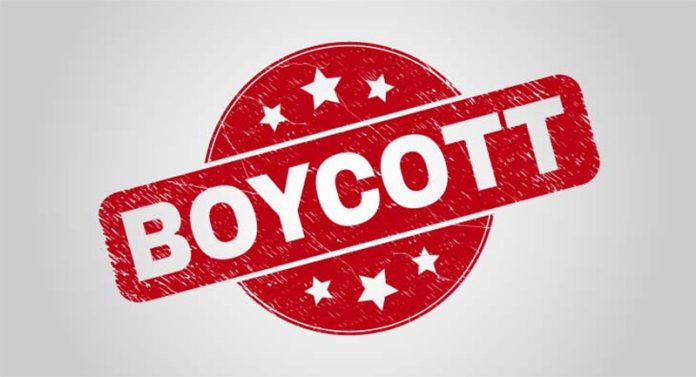Excelsior Correspondent
KULGAM, Sept 18: In the first phase of the Assembly elections, several areas of South Kashmir, traditionally known for election boycotts, experienced a significant shift as voters turned out to cast their ballots after over three decades of abstaining.
The Kulgam Assembly seat, in particular, saw a notable change, with people queuing outside polling stations, a stark contrast to previous elections where low or no turnout was common due to the long-standing boycott culture.
For over 30 years, villages such as Bugam, Buchroo, Tarigam, Sangas, Shuch, Wokai, Arie-Mohamadpora, Chansar, Matrigam, Khandaypora, Ashmuji, Bhan, Damduli, and other neighboring villages, traditionally aligned with Jamaat-e-Islami and known for separatist sentiments, exhibited negligible voter engagement.
Follow the Daily Excelsior channel on WhatsApp
The boycott was driven by calls from local groups opposed to the democratic process. However, the presence of former Jamaat-e-Islami candidates in the electoral fray appears to have shifted local attitudes towards voting.
40-year-old Mehraj Hajjam, who cast his vote for the first time in his life, described voting as the only solution to alleviate the hardships faced by the people of the Valley over the past three decades. “I have cast my vote for the first time in 40 years because we want change. The people of Jammu and Kashmir have suffered a lot,” he said.
Hajjam explained that while earlier boycotts were driven by some parties, he and many others chose not to continue the boycott this time as they sought change. “We are voting for a candidate who can address the Kashmir cause in the Assembly. Many people have been in jail for the last 10 to 15 years, and I want our candidate to speak about those who have been imprisoned for so long and work for their release,” he added.
He expressed hope that Prime Minister Narendra Modi would address the issues raised by their representatives in the Assembly.
Another voter, Ghulam Mohidin Khanday, remarked on the shift in attitude: “There used to be a boycott, but people have understood that it would lead them nowhere. Democracy is the only way to fulfill our needs. It looks like democracy has revived here as people are openly talking about their needs.” He added that he votes without any fear or threat.
However, in the Tral area, the fear factor still weighed heavily on voters, as many refused to speak on record, fearing repercussions for participating in the voting process.


